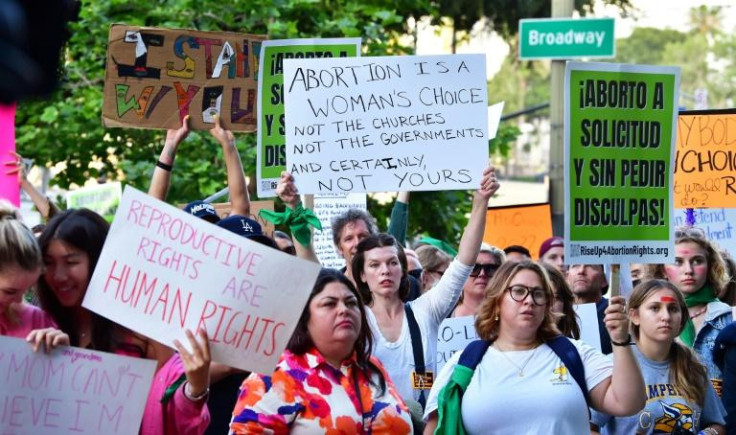Improved levels of care for teen mothers in Thailand
Teen mothers in Thailand are now receiving postpartum treatments and less stigmatisation.

For years, thousands of teens have been forced to feel shame or guilt after conceiving an unplanned pregnancy under the age of 18. But in 2023, pregnant teens and adolescent mothers are getting valuable support in Thailand.
Although in 2020, abortion was decriminalised in Thailand, many women and girls continue to be denied the service by medical professionals. Due to objections from medical staff and a lack of affordable and convenient access to abortions, many women are forced to take matters into their own hands.
To avoid a family's reputation being ruined in Thailand, it is not unusual for many pregnant women and girls to be given herbal remedies that work as an abortion replacement.
Ms Nanthakan Sungsuman Woodham, the Executive Director of the Planned Parenthood Association of Thailand, said: "There are a number of doctors who refuse to provide the service. They're still attached to their values or religious beliefs that see abortion as immoral."
"In order for an abortion service to be available at a hospital, three groups of people need to consent to it: the executives, the doctors, and the nurses. If just one of the three refuse[s] to go through with it, the service isn't possible," added Mr Somwong Uraiwattana, the Leader of the Aids and Unwanted Pregnancies Access Foundation.
Mr Somwong continued to declare that the attitudes of the medical staff push "the women to illegal abortion clinics" which are inherently "like a death warrant".
Out of the several pregnant women that have consultations over the phone with the Aids and Unwanted Pregnancies Access Foundation, a huge 84 per cent decide to continue with the abortion process. Only six per cent make the decision to continue with their pregnancy, and the remaining women are undecided.
In 2020, it was reported that the number of unsafe abortions in Thailand each year stood at 200,000.
Today is 2nd years anniversary Thailand decriminalized abortion, but everything didn't change much. Tamtang group went to MOPH Thailand to presented open letter to minister of MOPH and made a buddhist merit to women who lost their lives due to unsafe abortion and cursing MOPH. pic.twitter.com/qTi3FqEbhE
— นุ่ม (@Noom94520777) February 7, 2023
In recent years, the World Health Organisation (WHO) confirmed that every year, an estimated 20 million unsafe abortions are carried out across the globe - with roughly 80,000 maternal deaths being reported (equivalent to nine deaths every hour).
WHO also confirmed that 95 per cent of unsafe abortions occur in developing countries.
In Thailand, studies show that there are an estimated 47,400 adolescents between the ages of 15 and 19 who become pregnant each year.
When Aorn found out she was pregnant at just 14 years old, her mother persuaded her to consume a herbal drink in an attempt to abort the foetus. The drink was unsuccessful and Aorn was forced to drop out of school, like many underprivileged pregnant teens in Thailand.
Aorn told UN News that although the abortion did not work, "I was so relieved when he was born healthy, and I have no regrets. I'm so happy to have him in my life".
Aorn now attends the Khon Wai Sai Centre in northern Thailand, where many young mothers are now able to receive lower-body treatment.
The Khon Wai Sai Centre has taken in more than 52 adolescent mothers, most are from the Chiang Mai community. The centre provides the girls with postpartum treatments, education on reproductive health and job opportunities.
Nan, who works at the Khon Wai Sai Centre as a staff member who performs postpartum massages on mothers, gave birth to her three-year-old daughter at 16.
"At my school, they didn't talk about sexual activity," she revealed. "Teachers told us that we were too young to know about reproductive health. And when I went to the health centre to get a condom, they said the same. People just wanted to gossip about me."
Despite the challenges that pregnant teens still have to face, the authorities in Thailand are working hard to ensure that all young people have the right access to sexual and reproductive health services.
Several organisations, like Khon Wai Sai, are emerging across the country – dedicating their services to adolescent mothers.
© Copyright IBTimes 2025. All rights reserved.






















